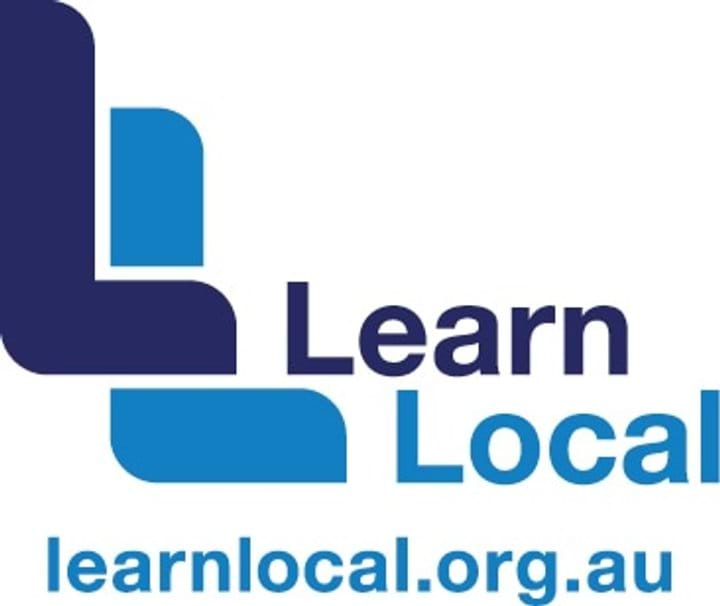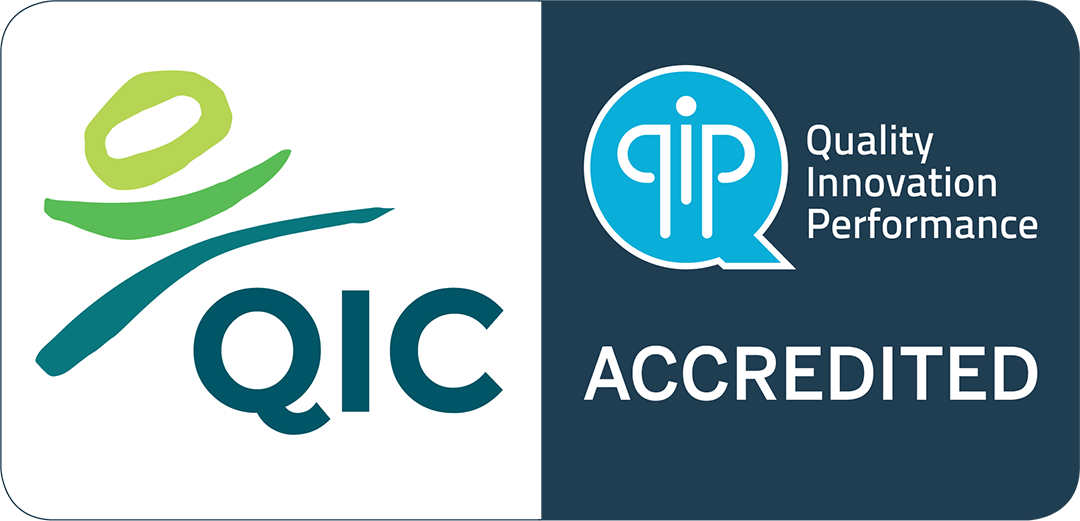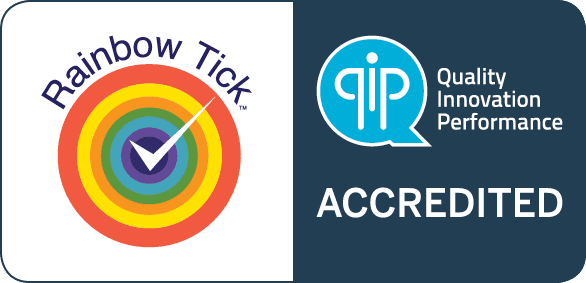In our Strategic Plan for 2024-26 we have committed to being a strong voice for people whose lives are affected by alcohol and other drugs, and for the alcohol and drug sector broadly.
The four policy position statements below reflect the areas Windana can have the greatest impact, based on our expertise as well as current and emerging evidence.
The stakes are high – our work will save lives by influencing government for better outcomes in the sector and for the community.
For more information on these policy position statements, submissions, or any media enquires, please contact Adam Miller (Chief Communications Officer) on .
Windana Policy Position Statements and Evidence Summaries
Harm Reduction Position Statement PDF
Harm reduction belongs at the core of any truly client-centred response to substance use.
However, stigma, viewing drug use as a criminal issue, and a lack of access to harm reduction services is preventing people getting the support they need for their substance use.
Embedding evidence-based harm reduction approaches into responses to substance use issues will see more people receive vital information, support and treatment. This will lead to safer behaviour, safer spaces, and ultimately, more lives saved.
Funding and Model of Care Position Statement PDF
Victoria deserves an alcohol and drug (AOD) sector that meets the needs of people with substance use concerns.
However, current funding models and a lack of capacity right across the AOD sector severely limit its ability to meet the increasing complexity and severity of current and future demand for our services.
Windana is calling for structural change to how the AOD sector is funded to reflect the true cost of service delivery. This will ensure the sector’s ability to innovate and provide the tailored therapeutic care our State deserves.
A properly funded AOD sector not only benefits those who need support for their substance use concerns, it creates healthier, happier, and more prosperous communities for everyone.
Building a sustainable AOD workforce Position Statement PDF
A sustainable alcohol and other drug (AOD) workforce is one that can meet the complex and co-occurring needs of Victorians who require support with their substance use now and into the future.
Instead, the current AOD workforce is at a tipping point where urgent action is needed to address critical challenges. Current funding, workforce size and structures, and macro pressures on Victoria’s (and Australia’s) entire ‘caring workforce’ are compounding to create significant risk to the AOD workforce. If nothing is done, we risk more people falling through the cracks and not receiving the care they require.
Victoria’s AOD workforce model and strategy must reflect the specialised skills and lived experience the sector required to provide the specialised services people need.
Windana welcomes the opportunity to collaborate with the Victorian Government on how to sustainably grow the workforce and provide remuneration that matches the level of experience and qualifications the AOD sector needs. This will enable more people to receive the support they need earlier to recover from their substance use concerns.
Implementation of the Royal Commission into Victoria’s Mental Health System Position Statement PDF
The Royal Commission into Victoria’s Mental Health System (Royal Commission) presents an opportunity to put people at the centre of Victoria’s integrated model of care.
However, the magnitude of this reform risks widening the pre-existing resourcing gap between the mental health and alcohol and drug (AOD) sectors. Any reform and integrated system design must provide clarity and certainty to ensure the alcohol and drug sector remains a specialist service sector within the broader model of care.
The increasing number of people presenting with co-occurring conditions (someone with a substance use concern and a mental health concern) means a specialised, well-funded and fit-for-purpose AOD sector is more important than ever. This will ensure Victorians can access the tailored care they need, irrespective of their substance use or mental health concerns.
- Windana’s submission to Submission to Ian Gray AM for the City of Port Phillip Community Safety Roundtable (April 2025)
- Windana’s submission to the Legislative Council Legal and Social Issues Committee’s Inquiry into the Drugs, Poisons and Controlled Substances Amendment (Regulation of Personal Adult Use of Cannabis) Bill 2023 (December 2024)
- Windana’s submission to the House Standing Committee on Health, Aged Care and Sport’s Inquiry into the Health Impacts of Alcohol and Other Drugs (September 2024)
- Windana’s submission to the Australian Parliamentary Inquiry into Australia’s Illicit Drug problem: Challenges and opportunities for law enforcement (January 2023)
- Windana’s response to the Australian Government’s Issues Paper: A stronger, more diverse and independent Community Sector (November 2023)
Policy Position Statements.
In our Strategic Plan for 2024-26 we have committed to being a strong voice for people whose lives are affected by alcohol and other drugs, and for the alcohol and drug sector broadly.
The four policy position statements below reflect the areas Windana can have the greatest impact, based on our expertise as well as current and emerging evidence.
The stakes are high – our work will save lives by influencing government for better outcomes in the sector and for the community.
For more information on these policy position statements, submissions, or any media enquires, please contact Adam Miller (Chief Communications Officer) on .
Windana Policy Position Statements and Evidence Summaries.
Harm ReductionHarm Reduction Position Statement PDF
Harm reduction belongs at the core of any truly client-centred response to substance use.
However, stigma, viewing drug use as a criminal issue, and a lack of access to harm reduction services is preventing people getting the support they need for their substance use.
Embedding evidence-based harm reduction approaches into responses to substance use issues will see more people receive vital information, support and treatment. This will lead to safer behaviour, safer spaces, and ultimately, more lives saved.
Funding and model of careFunding and Model of Care Position Statement PDF
Victoria deserves an alcohol and drug (AOD) sector that meets the needs of people with substance use concerns.
However, current funding models and a lack of capacity right across the AOD sector severely limit its ability to meet the increasing complexity and severity of current and future demand for our services.
Windana is calling for structural change to how the AOD sector is funded to reflect the true cost of service delivery. This will ensure the sector’s ability to innovate and provide the tailored therapeutic care our State deserves.
A properly funded AOD sector not only benefits those who need support for their substance use concerns, it creates healthier, happier, and more prosperous communities for everyone.
Building a sustainable AOD workforceBuilding a sustainable AOD workforce Position Statement PDF
A sustainable alcohol and other drug (AOD) workforce is one that can meet the complex and co-occurring needs of Victorians who require support with their substance use now and into the future.
Instead, the current AOD workforce is at a tipping point where urgent action is needed to address critical challenges. Current funding, workforce size and structures, and macro pressures on Victoria’s (and Australia’s) entire ‘caring workforce’ are compounding to create significant risk to the AOD workforce. If nothing is done, we risk more people falling through the cracks and not receiving the care they require.
Victoria’s AOD workforce model and strategy must reflect the specialised skills and lived experience the sector required to provide the specialised services people need.
Windana welcomes the opportunity to collaborate with the Victorian Government on how to sustainably grow the workforce and provide remuneration that matches the level of experience and qualifications the AOD sector needs. This will enable more people to receive the support they need earlier to recover from their substance use concerns.
The implementation of the Royal Commission into Victoria’s Mental Health SystemImplementation of the Royal Commission into Victoria’s Mental Health System Position Statement PDF
The Royal Commission into Victoria’s Mental Health System (Royal Commission) presents an opportunity to put people at the centre of Victoria’s integrated model of care.
However, the magnitude of this reform risks widening the pre-existing resourcing gap between the mental health and alcohol and drug (AOD) sectors. Any reform and integrated system design must provide clarity and certainty to ensure the alcohol and drug sector remains a specialist service sector within the broader model of care.
The increasing number of people presenting with co-occurring conditions (someone with a substance use concern and a mental health concern) means a specialised, well-funded and fit-for-purpose AOD sector is more important than ever. This will ensure Victorians can access the tailored care they need, irrespective of their substance use or mental health concerns.
Public Submissions- Windana’s submission to Submission to Ian Gray AM for the City of Port Phillip Community Safety Roundtable (April 2025)
- Windana’s submission to the Legislative Council Legal and Social Issues Committee’s Inquiry into the Drugs, Poisons and Controlled Substances Amendment (Regulation of Personal Adult Use of Cannabis) Bill 2023 (December 2024)
- Windana’s submission to the House Standing Committee on Health, Aged Care and Sport’s Inquiry into the Health Impacts of Alcohol and Other Drugs (September 2024)
- Windana’s submission to the Australian Parliamentary Inquiry into Australia’s Illicit Drug problem: Challenges and opportunities for law enforcement (January 2023)
- Windana’s response to the Australian Government’s Issues Paper: A stronger, more diverse and independent Community Sector (November 2023)
Policy Position Statements.
In our Strategic Plan for 2023-25 we have committed to being a strong voice for people whose lives are affected by alcohol and other drugs, and for the alcohol and drug sector broadly.
The four policy position statements below reflect the areas Windana can have the greatest impact, based on our expertise as well as current and emerging evidence.
The stakes are high – our work will save lives by influencing government for better outcomes in the sector and for the community.
For more information on these policy position statements, submissions, or any media enquires, please contact Adam Miller (Chief Communications Officer) on .
Windana Policy Position Statements and Evidence Summaries.
Harm Reduction
Harm Reduction Position Statement PDF
Harm reduction belongs at the core of any truly client-centered response to substance use.
However, stigma, viewing drug use as a criminal issue, and a lack of access to harm reduction services is preventing people getting the support they need for their substance use.
Embedding evidence-based harm reduction approaches into responses to substance use issues will see more people receive vital information, support and treatment. This will lead to safer behaviour, safer spaces, and ultimately, more lives saved.
Funding and model of care
Funding and Model of Care Position Statement PDF
Victoria deserves an alcohol and drug (AOD) sector that meets the needs of people with substance use concerns.
However, current funding models and a lack of capacity right across the AOD sector severely limit its ability to meet the increasing complexity and severity of current and future demand for our services.
Windana is calling for structural change to how the AOD sector is funded to reflect the true cost of service delivery. This will ensure the sector’s ability to innovate and provide the tailored therapeutic care our State deserves.
A properly funded AOD sector not only benefits those who need support for their substance use concerns, it creates healthier, happier, and more prosperous communities for everyone.
Building a sustainable AOD workforce
Building a sustainable AOD workforce Position Statement PDF
A sustainable alcohol and other drug (AOD) workforce is one that can meet the complex and co-occurring needs of Victorians who require support with their substance use now and into the future.
Instead, the current AOD workforce is at a tipping point where urgent action is needed to address critical challenges. Current funding, workforce size and structures, and macro pressures on Victoria’s (and Australia’s) entire ‘caring workforce’ are compounding to create significant risk to the AOD workforce. If nothing is done, we risk more people falling through the cracks and not receiving the care they require.
Victoria’s AOD workforce model and strategy must reflect the specialised skills and lived experience the sector required to provide the specialised services people need.
Windana welcomes the opportunity to collaborate with the Victorian Government on how to sustainably grow the workforce and provide remuneration that matches the level of experience and qualifications the AOD sector needs. This will enable more people to receive the support they need earlier to recover from their substance use concerns.
The implementation of the Royal Commission into Victoria’s Mental Health System
Implementation of the Royal Commission into Victoria’s Mental Health System Position Statement PDF
The Royal Commission into Victoria’s Mental Health System (Royal Commission) presents an opportunity to put people at the centre of Victoria’s integrated model of care.
However, the magnitude of this reform risks widening the pre-existing resourcing gap between the mental health and alcohol and drug (AOD) sectors. Any reform and integrated system design must provide clarity and certainty to ensure the alcohol and drug sector remains a specialist service sector within the broader model of care.
The increasing number of people presenting with co-occurring conditions (someone with a substance use concern and a mental health concern) means a specialised, well-funded and fit-for-purpose AOD sector is more important than ever. This will ensure Victorians can access the tailored care they need, irrespective of their substance use or mental health concerns.
Public Submissions
- Windana’s submission to the Australian Parliamentary Inquiry into Australia’s Illicit Drug problem: Challenges and opportunities for law enforcement (January 2023)
- Windana's response to the Australian Government's Issues Paper: A stronger, more diverse and independent Community Sector (November 2023)







